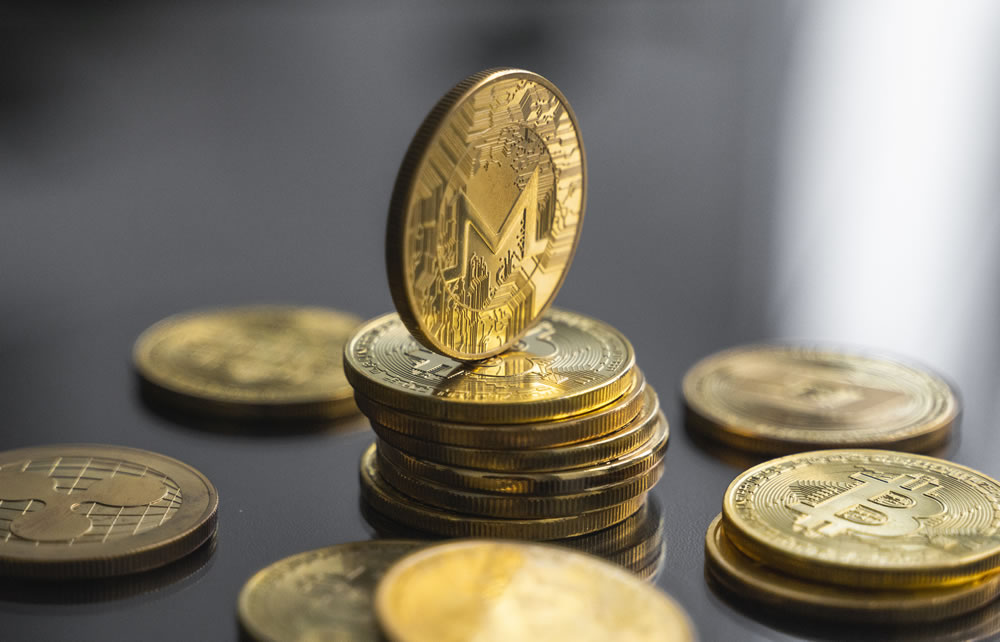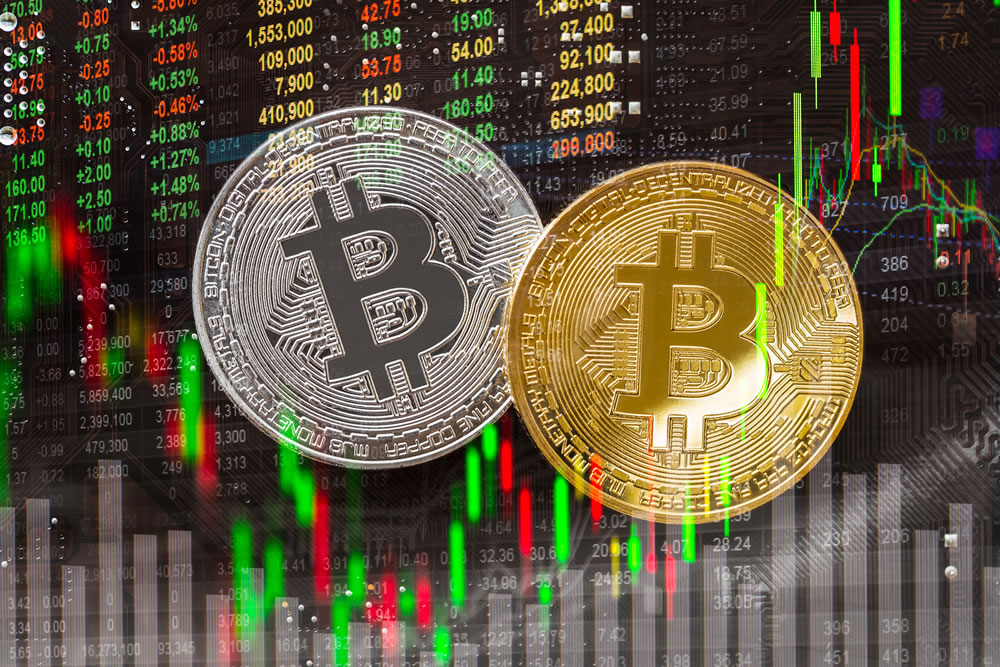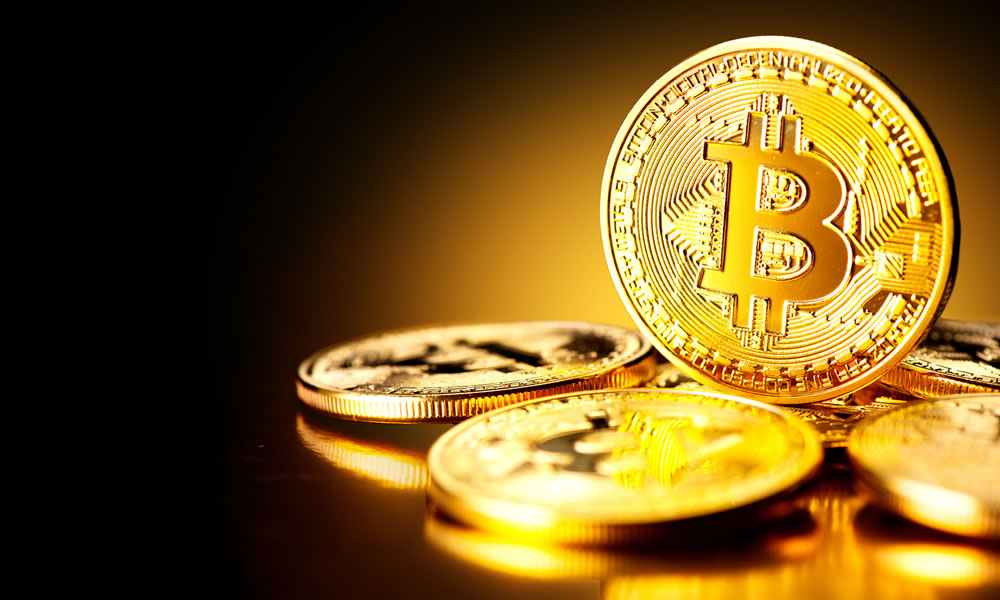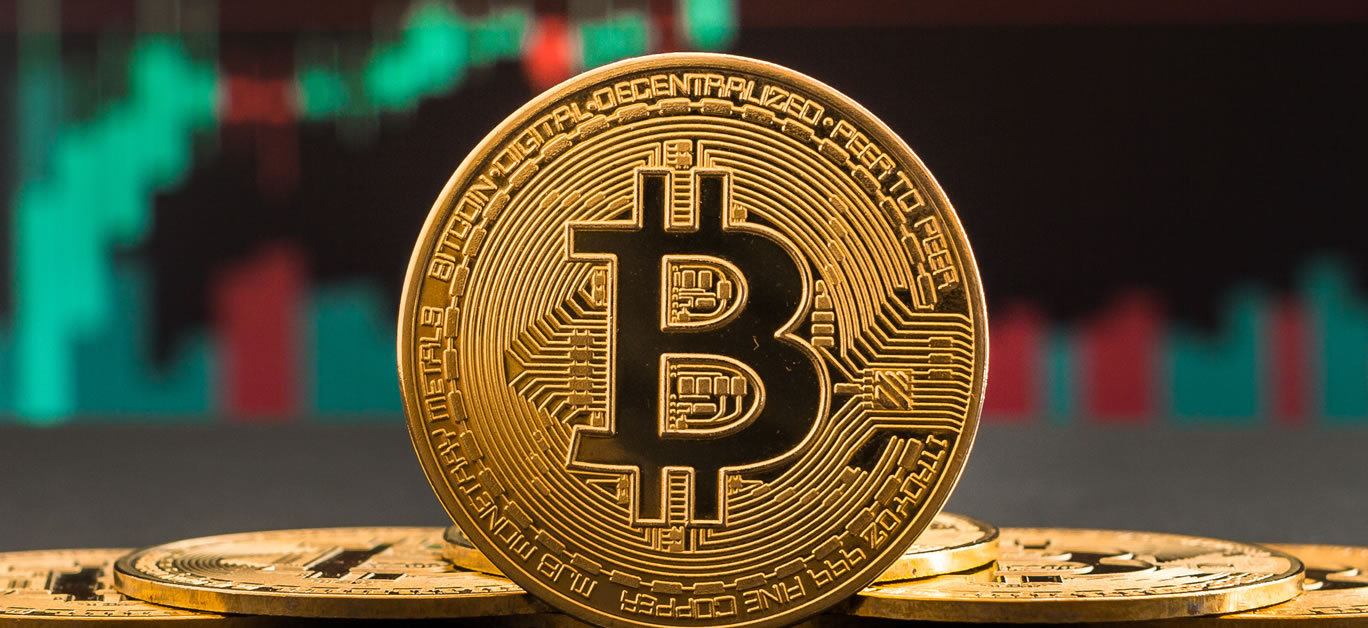If you have been following our coverage of cryptocurrency in 2020, you will know that LLM – Luxury Lifestyle Magazine has been bullish about both the principle, and the prospects, of investing in crypto to diversify your portfolio.
And with the impact of the coronavirus pandemic sending the global financial market into a tailspin, some experts are pointing out that environmental factors are contributing to foster the type of economic climate that Bitcoin, in particular, could stand to gain a great deal from.
With trading never easier thanks to tools like the Immediate Edge software, some financial advisors are suggesting that, while the traditional market suffers, cryptocurrency could prove to be an astute investment at this time.
Traders and experts alike had been talking up the prospects of Bitcoin long before the COVID-19 crisis paralysed economies the world over. While the global lockdown is going to wreak havoc on financial market, causing knock-on effects we are yet to fully understand – this actually contributes to, rather than detracts from, what one commentator has referred to as Bitcoin’s “perfect storm”.

As we touched upon recently, quantitative easing measures are likely to be introduced into fiat currencies, like Pound Sterling, or the US Dollar, to help nations ride out the economic hit of coronavirus. This directly contributes to an increase in inflation – reducing the value of currency and inflationary assets.
What tends to happen during periods of quantitative easing is that the value of deflationary, or limited supply assets, increases. Historically, this has been most prevalent in precious metals, like gold. In modern times, though, this can also be applied to Bitcoin.
Bitcoin’s production process, known colloquially as ‘mining’, ensures that a limited supply of the cryptocurrency is introduced into the market at a steady rate – which protects it against the inflationary issues that fiat currencies will be experiencing during this period.
What’s more, though, is that Bitcoin’s mining capacity is halved every four years, and the next ‘halving’ is set to occur next month (May). By sheer dumb luck, this means that Bitcoin becomes less available in parallel to the likely inflationary measures taken in traditional markets – making its availability even more scarce – which should, if you subscribe to basic supply and demand economics, send its trading value through the roof.

It’s not just a case of supply and demand, though. With mining capacities reduced, experts believe that the least efficient Bitcoin miners will be forced aside as their hauls decrease – which will help to decrease the currency’s notable volatility. With more efficient miners on hand to collect the coin, experts believe that fewer flash sales will occur – helping to increase trading values.
In order to get to that stage, though, these smaller, less efficient Bitcoin miners will need to be flushed out of the system. Experts suggest that, coupled with the current financial disruption, prices could fall somewhat before they recover. The key will be for investors to hold their nerve and allow market forces to do their work.
In a survey of over 400 users of its cryptocurrency exchange service, US-based company Kraken noted that most investors are expecting Bitcoin to rise to an all-time value high of over $20,000 – from its current value of $6,885.
Bitcoin’s losses during a panic-laden March were significant, but not catastrophic, and a number of high-profile commenters have gone as far as to suggest that the bottom of the market has already occurred.
Mike Novogratz, hedge fund billionaire, told Bloomberg that “this is the time for Bitcoin,” and suggested that it is an even smarter asset than the classic deflationary go-to commodity – gold. “I’m long gold, I’m long bitcoin – we are seeing a monetization of debt like we have never seen in our lifetimes. Hedge funds and high net worth individuals who had never bought it before are buying it.”

He’s not alone in his thinking. Former Facebook executive and Social Capital CEO Chamath Palihapitiya has gone as far as to state that Bitcoin could become the global reserve currency if the financial situation continues to go south over the coming months, and years, as a result of coronavirus.
“The path dependence for Bitcoin is if it looks like [debasement] is likely, it will really emerge as a flight to safety,” said Palihapitiya.
Palihapitiya is reported to have owned, at one point, 5% of the world’s Bitcoin – and continues to hold it as a binary investment, in the belief that its value will either increase exponentially or disappear completely.
“This is either zero or it’s millions.”
Investing in cryptocurrencies carries risk, do so at your own risk and we advise people to never invest more money than they can afford to lose and to seek professional advice before doing so.






















